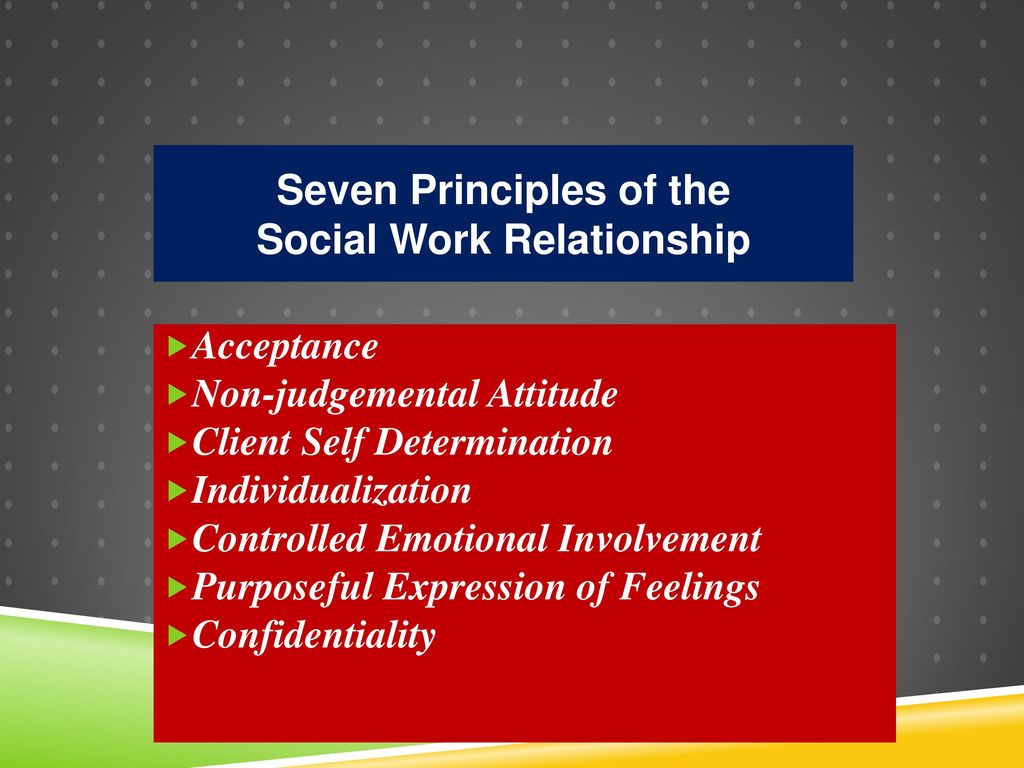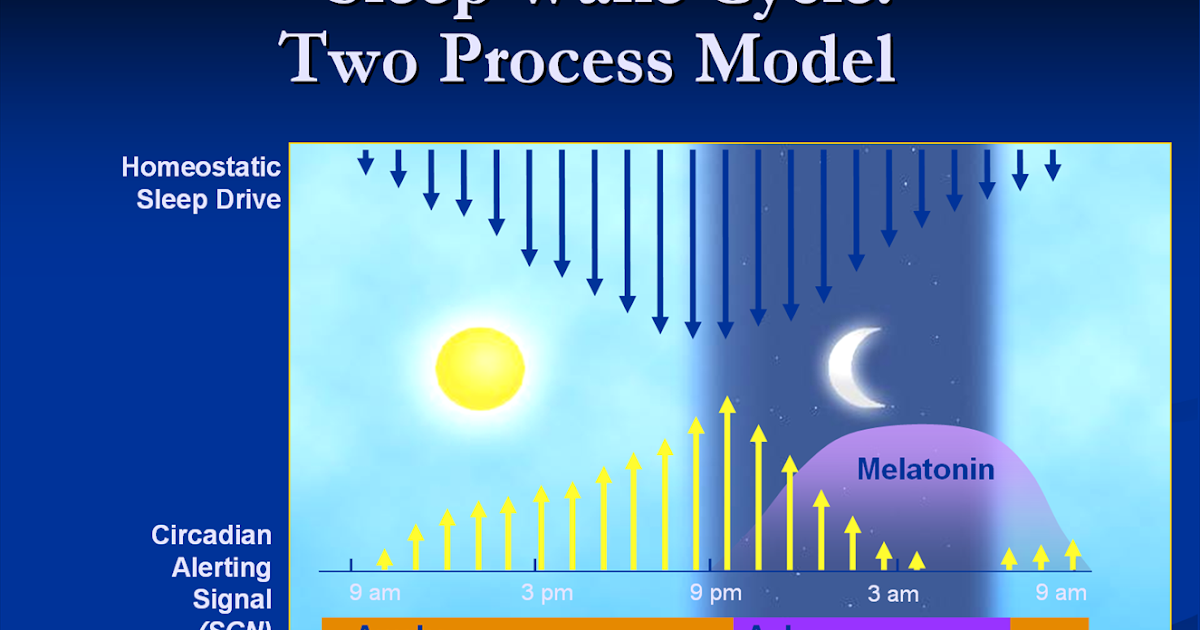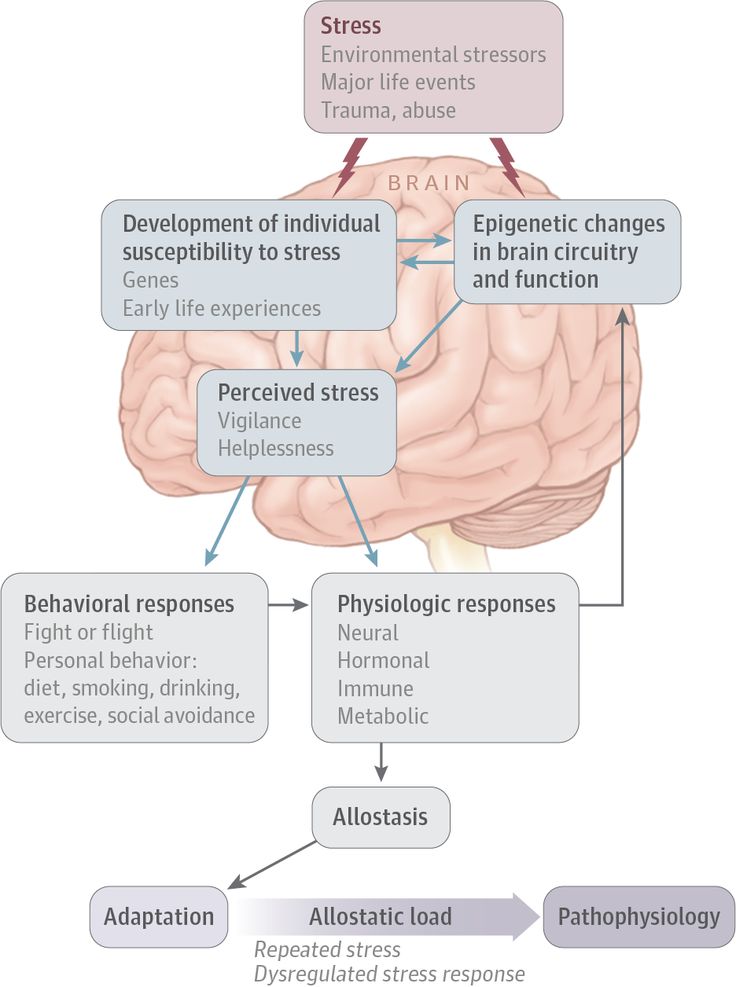The seven principles
7 Research-Based Principles for Making Marriage Work
Marriage comes with its ups and downs, but these seven principles may help you create a healthier relationship with your spouse.
Share on PinterestAny couple can walk out “The Seven Principles for Making Marriage Work.”They say there’s no roadmap for the most difficult endeavors in life, but four decades of marriage scientific research and real-time lab observations compiled in one book come as close as folks might get to a marriage guidebook.
Dr. John Gottman and Nan Silver, in their book “The Seven Principles of Making Marriage Work,” combine research and practical applications for creating long lasting, fulfilling relationships.
Their principles stem from years of longitudinal studies on couples. Applying their principles takes practice but can be pivotal to creating a healthy partnership.
Gottman states that emotionally intelligent couples are familiar with their partners’ love maps.
Enhancing your love maps is about being familiar with your partner’s world — understanding their lived experience, knowing their love language, and remembering their life changing events.
Mutual understanding of each other’s worlds can arouse care for each other and increase connection.
Enriching your love maps involves a deep comprehension of what makes your partner your partner. Some questions you may think about or try to answer about your partner include:
- What are their top three favorite songs and why?
- What is their biggest fear?
- What are some dreams they have for the future?
- What stresses them out?
- What are some of the major events that have occurred in their life?
These example questions can give you an idea of how familiar you are with your partner’s love map. If you notice this is an area lacking, it doesn’t necessarily mean your marriage is doomed to fail. Enhancing your love map through honest discussion is possible.
Fondness and admiration in marriage demonstrate affinity for your partner, based on an inner belief that they’re worthy of respect.
Gottman and Silver explain that the marriage may no longer be salvageable when fondness and admiration are lacking.
Gottman suggests that a good way of evaluating whether you have admiration and fondness for your marriage is to recount the story of your first meeting and courtship.
His older research found that the way couples recount their relationship origins story predicted divorce or marital stability with a 94% accuracy.
Nurturing your relationship may look like this:
- planning date nights together
- trying a new hobby or activity together
- expressing appreciation for your spouse
- complimenting your partner
If nurturing fondness toward your spouse isn’t a priority, you may consider seeking couples therapy.
In a healthy relationship, partners make bids for each other’s attention.
If you tell your partner, “I’m having a bad day at work,” and your partner replies, “I don’t have time to talk right now,” this is turning awayfrom each other.
When your partner bids for your attention and you take the time to be present, listen, and support them, you’re turning towardeach other.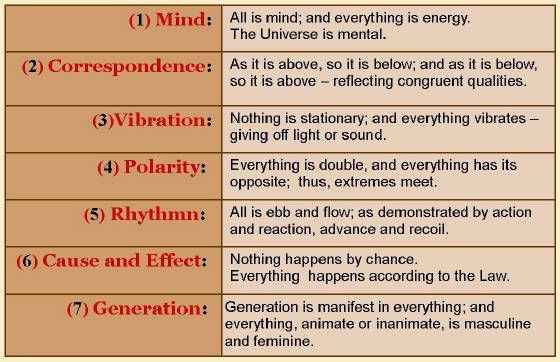
“Turning toward is the basis of emotional connection, romance, passion, and a good sex life.”
– John Gottman, “The Seven Principles of Making Marriage Work”
Choosing to turn toward each other helps fill each other’s “love tank,” as longtime marriage counselor Gary Chapman says in his book “The Five Love Languages.”
Then, when times get hard, that full tank can come in handy and help you drive through the challenge productively and lovingly.
Couples are more likely to stay together when they work as a team.
When one person has all the power in a relationship, it creates a hierarchal difference. When you turn toward each other when making big decisions, sharing opinions, or involving your spouse in your thought process, you allow them to influence you.
Letting your partner influence you isn’t the same as allowing someone else to control you. It’s more about communicating and involving your significant other in decisions.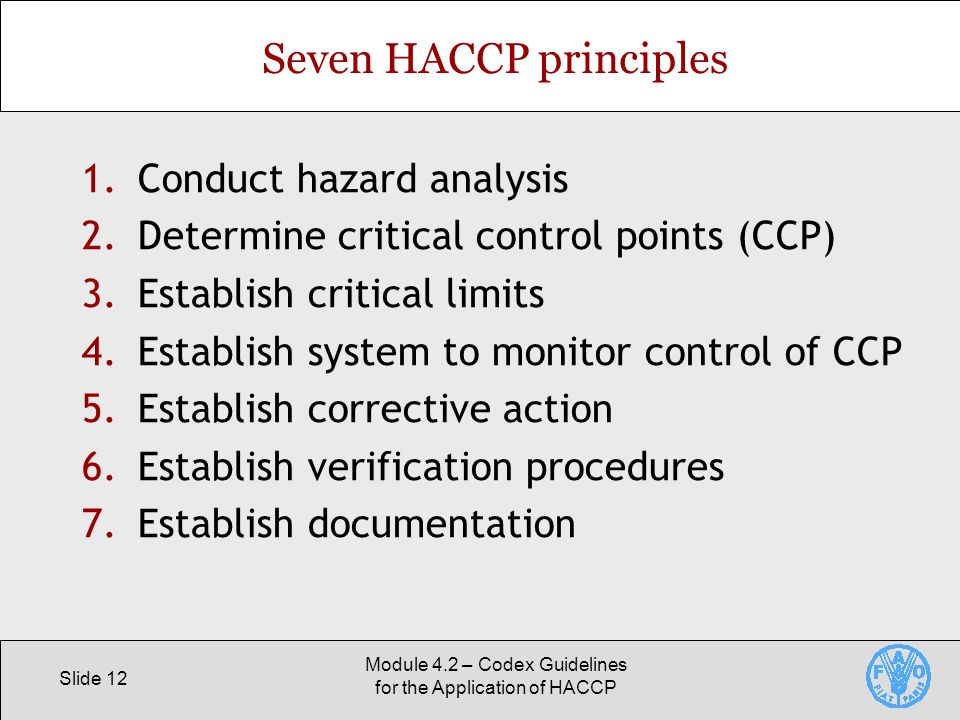
Even if you disagree, there are still ways to have calm, rational discussions that show respect toward your significant other.
There are two types of problems that can occur in a marriage: perpetual and solvable.
Perpetual problems usually are complex and may result in communication gridlock.
But just because you have recurring issues with your spouse doesn’t mean you can’t have a thriving marriage.
Solvable problems are usually more straightforward. With solvable issues, you can directly tackle the problem and find a solution. There isn’t typically underlying conflict or resentment with solvable issues, only the challenge at hand.
Gottman suggests five steps for tackling solvable problems:
- Soften your startup. If you approach the problem from a calm, respectful place allows you both to feel heard.
- Learn to create and receive repair attempts. Repair attempts are actions or statements to keep conflict from escalating.
 They can involve levity, humor, an inside joke, or a special code.
They can involve levity, humor, an inside joke, or a special code. - Soothe yourself and each other. Taking a 20-minute break, calming down, and soothing your partner can be an effective problem-solving strategy.
- Compromise. Finding a solution that you can both live with may help establish healthy conflict resolution.
- Be tolerant of each others’ faults. Understanding your partner is human and accepting their flaws helps create an attitude where calm negotiation can occur.
Gridlock occurs when persistent disagreements cause conflict. For example, you’re gridlocked with your spouse when ongoing problems lead to a lack of productive conversation. Perhaps you both can’t seem to agree to disagree.
Overcoming gridlock is not about solving the problem but having a healthy conversation about the situation. But first, you have to understand what’s causing the problem. Gottman believes that unrealized dreams create gridlock.
To overcome gridlock, here are some steps you can take:
- try to understand the root of the issue
- communicate calmly
- find a way to assess your nonnegotiable and flexible areas of the conflict
- end the discussion on a calm note, expressing thanks and appreciation for your partner
Research from 2017 by Gottman suggests that happy couples who stay together can move from gridlock to dialogue about their perpetual problems.
This happens when you accept your partner and understand their unconscious dreams or agendas.
Creating shared meaning involves fusing your goals, roles, and rituals. You can find fulfillment in sharing purpose by allowing yourself and your partner to have their needs, wants, and dreams recognized.
You can create meaningful experiences when you share and explore all types of intimacy.
For example, some couples may experience shared meaning if one partner plans their mate’s ideal birthday celebration.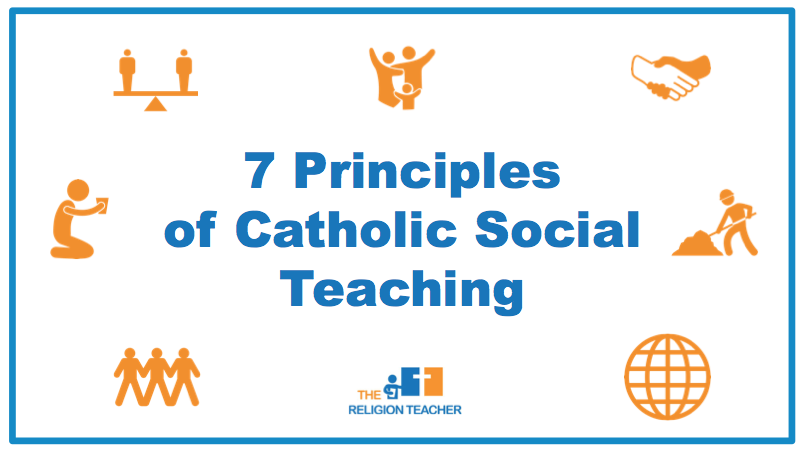 Sharing purpose with your partner may help you feel closer.
Sharing purpose with your partner may help you feel closer.
Using the seven principles crafted by Gottman and Silver in their book “The Seven Principles of Making Marriage Work” as a guide for marriage can help you create a stronger connection.
Each of the principles builds upon one another and is interrelated. As you lay the foundation for healthier patterns in earlier principles, the latter principles become easier to apply.
Putting in the work to connect, communicate, and respect each other, is worth the work for a happy marriage.
Seven Principles – Helping Veterans & Their Families
Most Veterans are Underrated and Overdue for an Increase in Their VA Disability but Leave Thousands of Dollars on the Table.
We Solve That.
Let’s take the first step together and help you win your case.
We are here every step of the way.
Start Your VA Claim!
Please complete the form below to get in touch with us. Our Team Member will contact you ASAP
Our Team Member will contact you ASAP
0 %
Success Rate
0 +
Years in Business
$ 0 +
Avg Increase in Monthly Benefits
One Step Ahead
Why We Are The Best
We find pride in making complicated problems easier by consulting with you on how to effectively transition from military service and obtain more money, each month, for the rest of your life through the United States Department of Veteran Affairs disability compensation and pension claims process.
Helping everyday Americans reach the American dream is the heart of our mission here at Seven Principles Group.
We believe that each Veteran should have access to a reputable service that not only executes all the work for you but also provides results.
When you choose our firm, you choose a firm that is led by Veteran’s as well as former VA Raters and a team of medical professionals and experts with a Veteran-centric mentality. As in the military, we always place the mission first: you, your family, your VA claim, and your military transitional needs.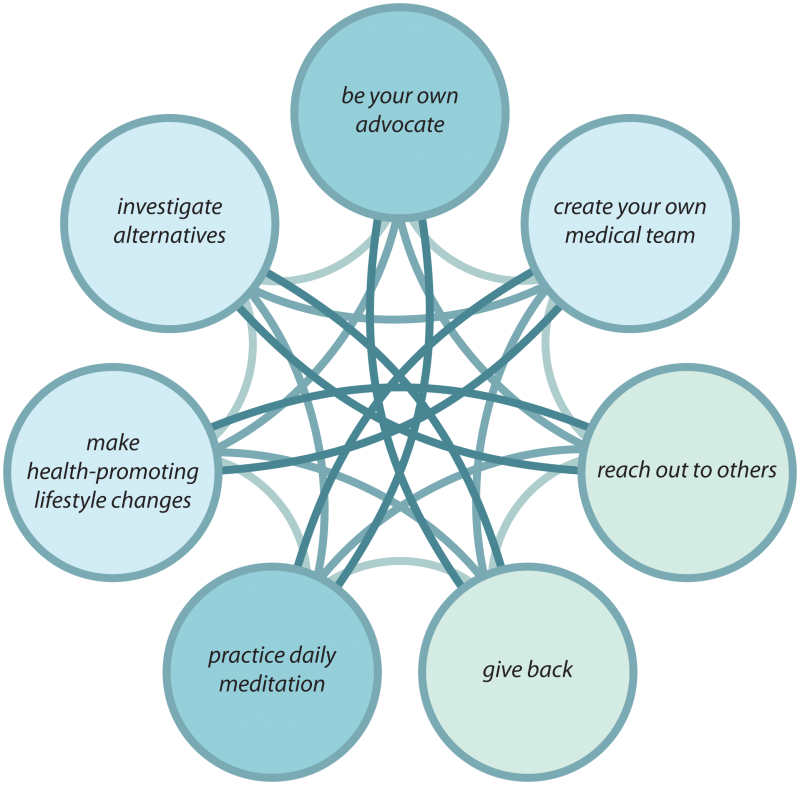
We are happy to be a model employer that employs some to the brightest and dedicated Americans across the country. Dedicated to you and the mission of serving Veterans, our workforce continues to be the most valuable asset. You will notice that we value our team and provide a modern workplace that perpetuates a happy team member that’s ready to serve your needs.
360° Solutions
We Are The Brains of VA Claims!
Seven Principles Group help Veterans find benefits, fight the VA claims process, win appeal cases, and ensure Veterans obtain the benefits they have earned. You fought for us so now let us fight for you.
Start Now
Military Transitioning
If you are about to retire or ETS from the military and preparing to transition. We can begin the process of putting your claim together
DBQs / Nexus Letters
Our medical doctors and psychologist are board-certified and can provide nexus letters and DBQs for your specific claim based on evidence
VA Disability Claims
We specialize in making sure all of your disabilities are compensated at the proper levels by analyzing your records
C&P Exam Prep
C&P exam prep helps you understand how to communicate your military service and avoid being severely underrated.
We are featured on TV
we will assist you to resolve any issue
Schedule a free consultation call with us and let us help you maximize your claims
Start Now
What People Say About Us
Client Testimonials
There service was outstanding. I give nothing but praises to the staff. They all were helpful and courteous. Most of all they got the results I was looking for.
William Blizzardon Google
The staff was very informative and helpful. They helped in every step of the process in increasing my disability. Very appreciative and fast in receiving compensation. 😊
Annette Nixonon Google
I have been a client for some time the exceptional care and professionalism that Seven Principals has demonstrated is superb!
Julian Maskon Google
I'm very satisfied with Seven Principles Group, services provided, professionalism; your ablility to get me service conneted and getting my rating increased. My toral experience has been exceptional.
My toral experience has been exceptional.
Thomas McNeillon Google
I was frustrated with VA giving me a reduction and my issues increased. A friend told me to try Seven Principles but it would take an investment. Invested, they invested time and helped organize everything. They called to follow up and in a less than two months, I received a 20% increase. Glad I finally listened to someone.
Kevin Rasberryon Google
Expert advocates for veteran’s disability claims. White glove service from start to end. You won’t be disappointed!!
Mark Joneson Google
Outstanding Team of Professional Veterans. They helped me to attain an increase of my VA Disability Rating. They also did a wonderful job of keeping me informed through the process which gave me confidence that my claim would be reviewed and processed successfully. Thank you for Caring and Sharing. I will definitely refer your services to others who desire to WIN their VA Claims.
I will definitely refer your services to others who desire to WIN their VA Claims.
Craig Trayloron Google
Previous
Next
three steps to success
We Will Help You Win This Battle
All you have to do is take the initiative to contact us and we’ll take care of the claims process for you. Just follow the 3 steps mentioned below:
Schedule a Consultation
we will discuss your personal needs, your goals, our process, and any applicable fees
Free Consultation
Fill out an Intake Form
we can advise you on what’s best for your individual claim. Upon submission of this form
Free Consultation
Sit back and relax
Yes, it’s that easy! We work 100% digital and can serve you no matter where you live in the world
Free Consultation
Read online The 7 Principles of a Happy Marriage, or Emotional Intelligence in Love by John Gottman - LitRes
John M.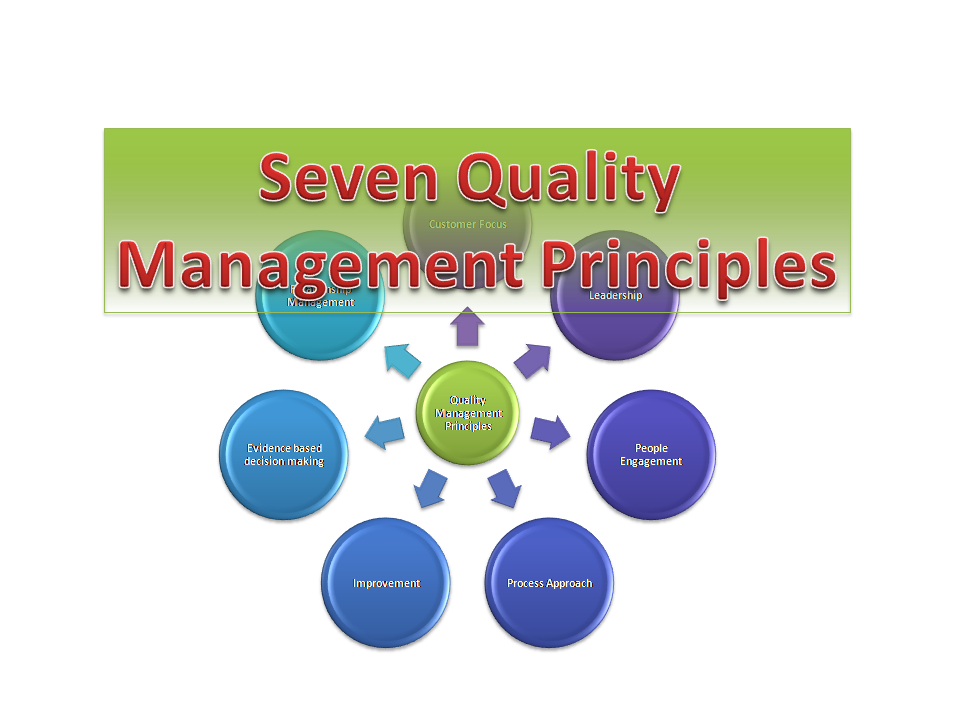 Gottman, Ph.D. and Nan Silver
Gottman, Ph.D. and Nan Silver
The Seven Principles of Making Marriage Work
Copyright © 1999 by John Gottman, Ph.D. and Nan Silver All rights reserved
COMMUNICATION PSYCHOLOGY
The right to "left". Why do people cheat and is it possible to avoid cheating
Why do people cheat? What makes them start second families and develop complex schemes for leading a double life? Esther Perel, a practicing psychotherapist, has worked with hundreds of infidelity couples over the course of 10 years. Her book is a comprehensive study of the desire that arises when looking at the side.
MF. How to learn to live soul to soul with the one you love
Find out what is happening in the head and heart of your beloved from the book of the popular psychologist Alexei Kapranov. This witty guide to happy relationships will teach you how to live in perfect harmony and get what you really want from your partner.
I'm sorry if I call you an asshole.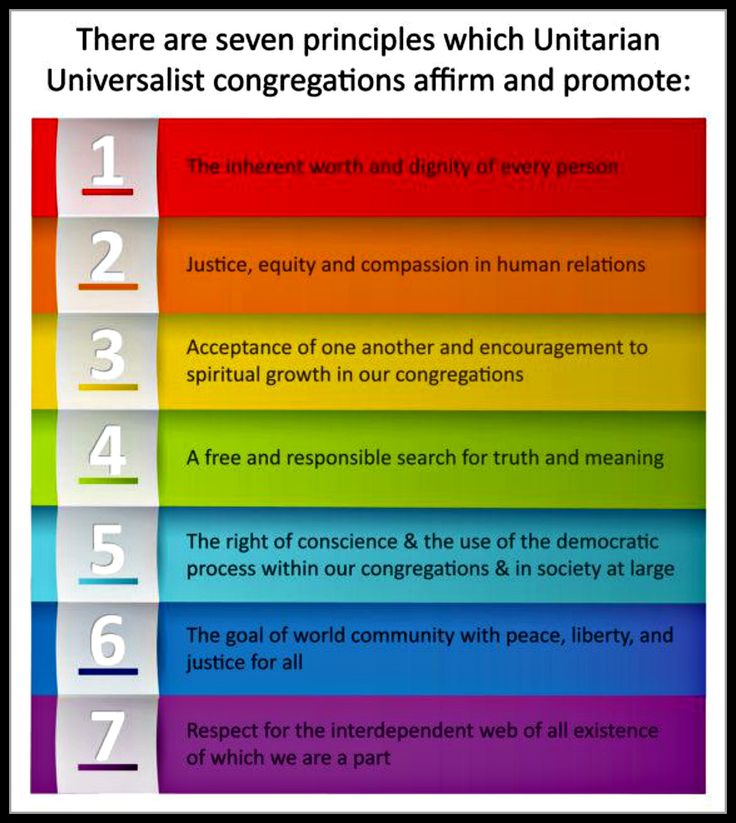 How to learn to play by men's rules and win in love
How to learn to play by men's rules and win in love
The truth, the truth and nothing but the truth. With shocking frankness, Mirko Spelta reveals what men really think about plastic surgery, cellulite and ballet flats. You will also learn how social networks have influenced the concept of love, how to translate female allusions into the language of male logic, and why you should not turn to your friends for advice.
Let's not fight anymore. 12 types of family conflicts and instructions on how to end them
If scandals have become the norm for communicating with your soulmate, it's time to change something. Michelle Brodie, a psychologist with twenty years of experience, identified 12 types of family conflicts. The author of the book describes the mechanism of each of them and offers a simple technology for their resolution. This is an easy-to-follow, but profound guide for couples on how to remove from your daily communication everything that hurts, offends and alienates you from each other.
Foreword
Maria Krivoshchapova-Demina, systemic family therapist, the first Russian specialist to be trained and certified according to the John Gottman method
In 2009, in distant Australia, I was lucky to attend a conference on positive psychology “Happiness and its causes” where I first saw John Gottman. His master class was called "Art and Science of love", it lasted a whole day, during which my husband and I watched John work with couples, did the exercises ourselves and laughed very, very much. Incredibly charismatic, energetic, with a great sense of humor, scholar and practitioner. His master class impressed me, I got excited: I want to study with him, I want his studies of marriage to become known in Russia.
Years passed, but the idea of studying with Gottman never let me go. In 2017, I finally started the Gottman Method Couples Therapy program and met John himself and his charming wife, Julie. At the moment, I have three modules of the program behind me and now, already in 2018, I am going through the certification process.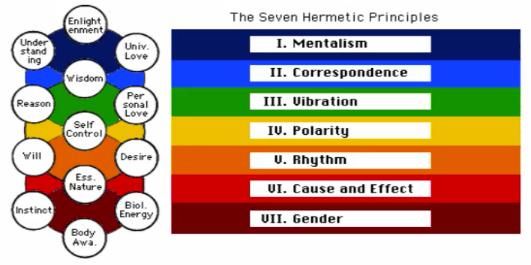
I am sometimes asked: what is so special about this Gottman and his approach?
John began his scientific research over 40 years ago. Together with his colleagues, he created the so-called "Laboratory of Love" - a room very similar to an ordinary apartment, but equipped with cameras, microphones, a one-way mirror, behind which scientists observed and recorded everything that happened inside.
50 couples lived in this apartment, and another 650 couples were interviewed each year, where they were asked to discuss current issues, remember their first dates, talk about their parents' marriages, etc.
Gottman guided these couples for decades, meeting them Every year. So he was aware of who got divorced, who became happier, who became emotionally distant, who managed to resolve an old conflict, who had children and how this affected the marriage. After each meeting, John made a prediction about the joint future of a particular couple and after a year checked whether he was right.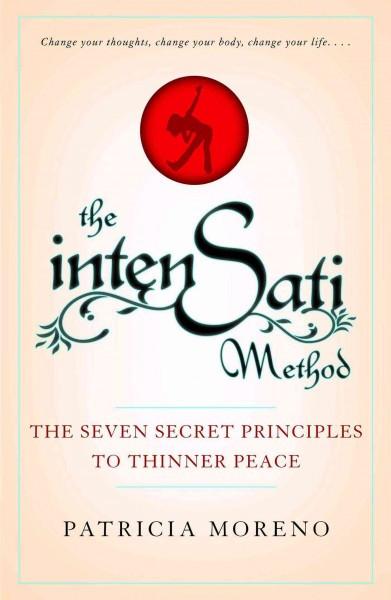 In addition to making predictions, he made recommendations to study participants and could subsequently evaluate how effective they were.
In addition to making predictions, he made recommendations to study participants and could subsequently evaluate how effective they were.
So all the conclusions and advice of Gottman are confirmed by many years of research and practice. This is its main feature.
The number of divorces in Russia is growing, and marital therapy is still one of the most difficult types of psychological assistance. Both professionals and specific families are in dire need of an effective method of working with family, and in particular with marital relations.
Project "Gottman.ru" , which is currently under development, is conceived, on the one hand, as a training center for certified specialists in the John Gottman method, who are able to effectively, professionally provide quality assistance. His other task is very practical - to help specific families. Strengthening emotional connection, marital "coaching", resolving conflicts in relationships, coping with crises in family life.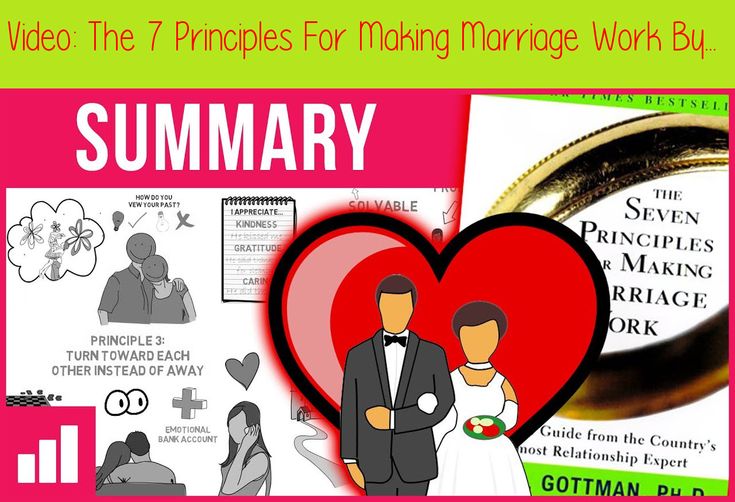 I sincerely thank Boris Kholmyansky for his comprehensive support of this project.
I sincerely thank Boris Kholmyansky for his comprehensive support of this project.
You are holding Gottman's main book The 7 Principles of a Happy Marriage . It was first published in America in 1999, has been translated into 10 languages of the world today and still remains a bestseller. This is a unique and at the same time very affordable way to get high-quality and effective help: learn how to maintain an emotional connection in a couple, resolve conflicts, respect and admire each other.
Life is fleeting, we are becoming more informational, technically progressive and savvy, but we are still not taught how to build relationships - neither at school nor at university. But at the same time, remember that love is not a bonus, not a pleasant addition to sex, relationships, life. Love is a basic human need. Make your Relationships, your Love, your Partner a priority. And this book will help you!
Other materials, articles, information about courses, counseling, training, training according to the method of Dr. John Gottman you can find on the Russian-language website gottman.ru and on my Instagram page: https://www.instagram.com/profamily_42/
John Gottman you can find on the Russian-language website gottman.ru and on my Instagram page: https://www.instagram.com/profamily_42/
Julia Gottman, who gave a new meaning to the word "collaboration", and my main assistants: Sybil Carere, Sharon Fentiman and Katherine Swanson. They turned the work into something wonderful - it was like drinking coffee and eating cakes in an ordinary cafe.
John Gottman
To Arthur, my beloved friend.
Nan Silver
The situations discussed in this book are based on the research of John Gottman. In all cases, names and identifying information have been changed.
Chapter 1
Love "Behind the Glass"
How I "spy" on couples for years
A beautiful sunny morning in Seattle. Newlyweds Mark and Janice Gordin sit down to breakfast. A large Venetian window overlooks Lake Montlaine and the park.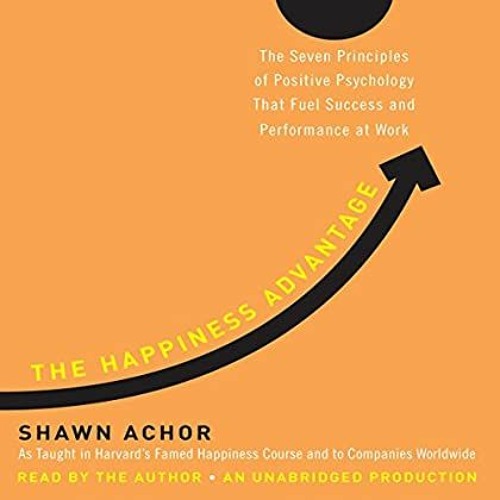 Athletes make morning runs, geese leisurely walk. Mark and Janice enjoy eating toasted toast and reading the Sunday papers. A little later, Mark will turn on the broadcast of the football game, while Janice will call her mother, who lives in St. Louis.
Athletes make morning runs, geese leisurely walk. Mark and Janice enjoy eating toasted toast and reading the Sunday papers. A little later, Mark will turn on the broadcast of the football game, while Janice will call her mother, who lives in St. Louis.
Everything seems mundane enough in this one-room apartment until you notice three video cameras on the wall, small microphones on the newlyweds' collars, and [1] Holter monitors, -stuck on the chest. Mark and Janice's family nest isn't really an apartment at all. This is the laboratory at the University of Washington Seattle, where for 16 years I led pioneering research into marriage and divorce.
Mark and Janice, participants in one such study (and 49other randomly selected couples) spent time in our apartment, jokingly called the "Laboratory of Love". They were instructed to act as naturally as possible, despite being watched by a team of scientists through a one-way mirror in the kitchen, cameras recording their every word and facial expressions, and sensors monitoring for signs of stress or relaxation, such as heart rate.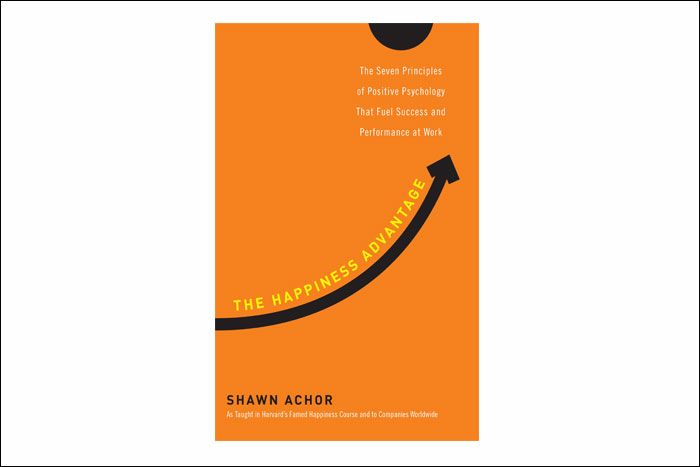 (To protect sensitive moments of private life from prying eyes, the couples were observed only from nine in the morning until nine at night, and never in the bathroom.)
(To protect sensitive moments of private life from prying eyes, the couples were observed only from nine in the morning until nine at night, and never in the bathroom.)
The apartment is equipped with a sofa bed, fully equipped kitchen, telephone, TV. Couples bring groceries, newspapers, laptops, embroidery, sports equipment and even pets—anything they might need to spend a "typical weekend" together.
I wanted to debunk our ideas about marriage - to finally answer the questions that people have puzzled over for so long.
Why is marriage sometimes strong no matter what?
Why do some relationships last a lifetime while others feel like a ticking time bomb?
Is it possible to save a marriage that has already cracked?
After years of research, I can finally answer these questions. What's more, I've learned to predict whether couples will be happy or go their separate ways by observing a couple in our "love lab" for just five minutes! The accuracy of my forecast is 91 percent.
These predictions are not based on my intuition or preconceived notions about what marriage "should" be, but on the results of my research.
It is possible that at first you will perceive my words as just another fashionable theory and even dismiss them with annoyance. It's easier to be a cynic when someone says they've figured out the secret to successful marriages and can show you how to save your family. Many consider themselves experts in matters of love and are happy to express their opinion on how to create a perfect union.
But here it is, the key word - "opinion". Prior to the findings of my research, point of view was all that any person trying to help married couples could say. Including a qualified, talented and well-trained marriage counselor.
Usually the help of a specialist is based on professional training, experience, intuition, knowledge of family history, maybe even on religious beliefs. But not on hard scientific data. Since, until now, there has been no exact scientific data on why some marriages are successful, others are not.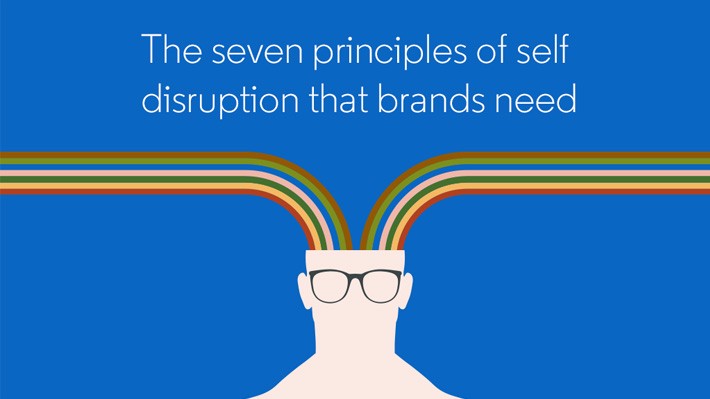
EQ marriages
The answer to the question "What is the basis of a lasting marriage?" surprisingly simple. Happy couples are not smarter, richer, or more insightful. However, their negative thoughts and feelings about each other (which all couples have without exception) never take precedence over positive ones. This is what I call emotional-intellectual marriage .
Recently, it has been recognized that the emotional intelligence (EQ) of a child is more important for his future success than IQ. The more different emotions a child experiences and the more able to empathize with other people, the more successful he will become. The same statement is true for marital relations. If they are emotional are intelligent , they will be able to understand and respect each other and their marriage - and therefore live happily.
Emotional intelligence can be developed not only in children, but also in adults. And it can save a couple from divorce.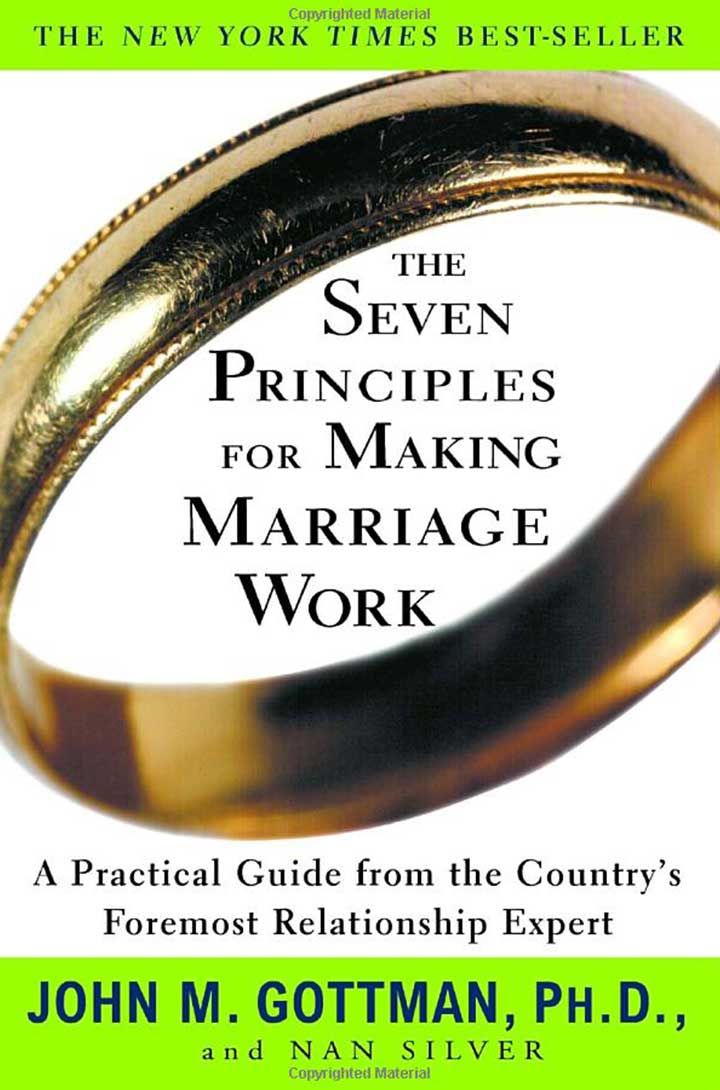
Sad statistics
Divorce statistics are depressing. The probability that the first marriage will end in divorce before the couple's fortieth birthday is 67 percent. Half of all divorces happen in the first seven months. The divorce rate in second marriages is 10 percent higher than in first ones.
The likelihood of divorce is so high that it makes sense for all couples - even those who are currently satisfied with their relationship - to make additional efforts to maintain their strength.
One of the saddest reasons why a marriage fails is that neither spouse recognizes its value until it's too late. Only after the documents are signed, the furniture is divided and separate apartments are rented, the ex-husband and wife realize how much they have lost by abandoning each other.
Too often a successful marriage is taken for granted. And he is not given the nourishment and respect he deserves and desperately needs.
Some may think that divorce is not such a tragedy.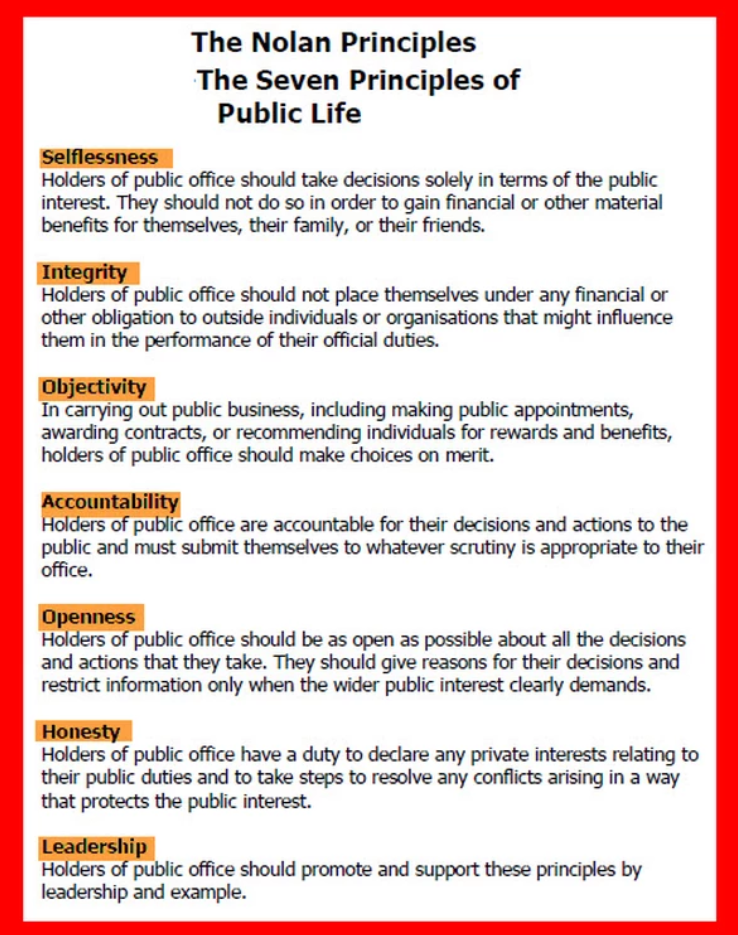 That it is quite modern and even natural. However, there is plenty of evidence of how painful a breakup can be for everyone involved.
That it is quite modern and even natural. However, there is plenty of evidence of how painful a breakup can be for everyone involved.
An unhappy marriage, like divorce, negatively affects the health of spouses. It can increase the likelihood of disease by a third and even shorten life by an average of four years.
In an unhappy marriage, people experience chronic physical and emotional stress. It tires the body and mind and eventually manifests itself in the form of ailments. Most often - in high blood pressure and heart disease. Psychological abnormalities include anxiety, depression, violence, psychosis, murder, suicide, alcohol or drug abuse.
It is not surprising that such ailments are much less common in happy couples. In addition, they are more inclined to take care of their health: each of the spouses makes sure that his spouse regularly undergoes medical examinations, takes medicine, eats healthy food, and so on.
When a marriage breaks down, not only the husband and wife suffer, but also the children.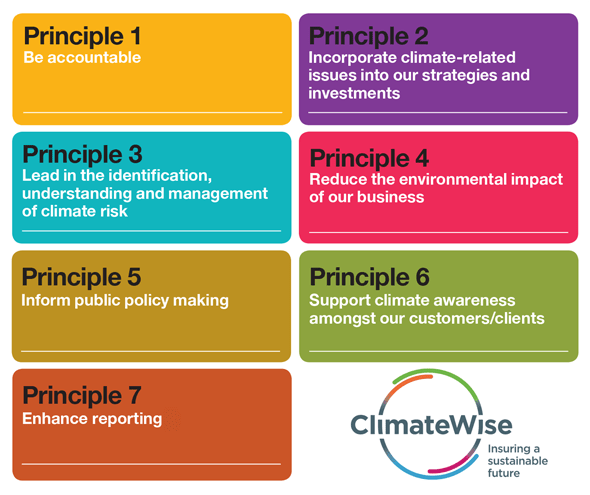 Studies have shown that 63 preschoolers raised in families where there was hostility between spouses had chronically elevated levels of stress hormones compared to other children surveyed. We don't know how long-term exposure to such stress will affect their health. However, we know for sure that this was reflected in their behavior .
Studies have shown that 63 preschoolers raised in families where there was hostility between spouses had chronically elevated levels of stress hormones compared to other children surveyed. We don't know how long-term exposure to such stress will affect their health. However, we know for sure that this was reflected in their behavior .
We followed their development up to 15 years. Compared to others, these teenagers were much more likely to skip school, study worse, suffer more from depression, peer rejection, behavioral problems - especially aggression.
An important conclusion from all this is that it is foolish to stay in a bad marriage for the sake of children . It is obviously harmful to raise children in a house where the parents hate each other. An amicable divorce is better than a war-like marriage. But, unfortunately, divorces rarely go amicably. Mutual hostility of former spouses usually continues after the breakup. For this reason, children of divorced parents often experience the same problems as children who are caught in the crossfire in an unhappy family.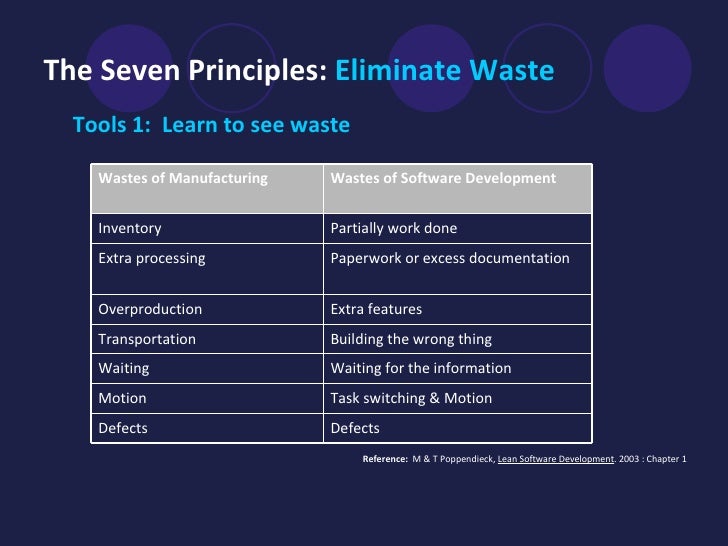
700 test couples
There is shockingly little scientific research on how to keep a marriage strong and happy. When I took up these questions in 1972, probably all the "good" scientific data would fit in a small folder. By "good" I mean data that is collected using scientific methods as accurate as those used in medicine.
For example, many studies on marital happiness have been conducted exclusively by surveying husbands and wives. This approach is called the self-report method and, although it has the right to exist, it is rather limited. How do you know if a wife is happy, even if she checks the box “happy” on some questionnaire? It is not uncommon for a woman who is physically abused to rate her marital satisfaction highly. She talks about her torment only if she feels safe and is interviewed in private.
My colleagues and I have supplemented the traditional methods of studying marriage with innovative, more comprehensive ones. We have observed 700 couples in seven different rooms. These are not only newlyweds, but also couples with experience. We observed spouses who have recently become parents, and those whose children have already grown up.
These are not only newlyweds, but also couples with experience. We observed spouses who have recently become parents, and those whose children have already grown up.
I asked couples about their family history, their philosophy of marriage, how they view their parents' marriages. I recorded on video how they tell each other about the past day, argue or talk on pleasant topics. And to get physiological data (whether they are stressed or relaxed), I constantly measured their heart rate, sweating, blood pressure and immune function.
I met each couple at least once a year to see how their relationship was progressing.
Until now, my colleagues and I are the only ones who conduct such a comprehensive and large-scale observation and analysis of married couples. Our data reveals the anatomy of marriage . The results of these studies, and not my personal opinion, form the basis of the Seven Principles for a Happy Marriage, which I will discuss in later chapters.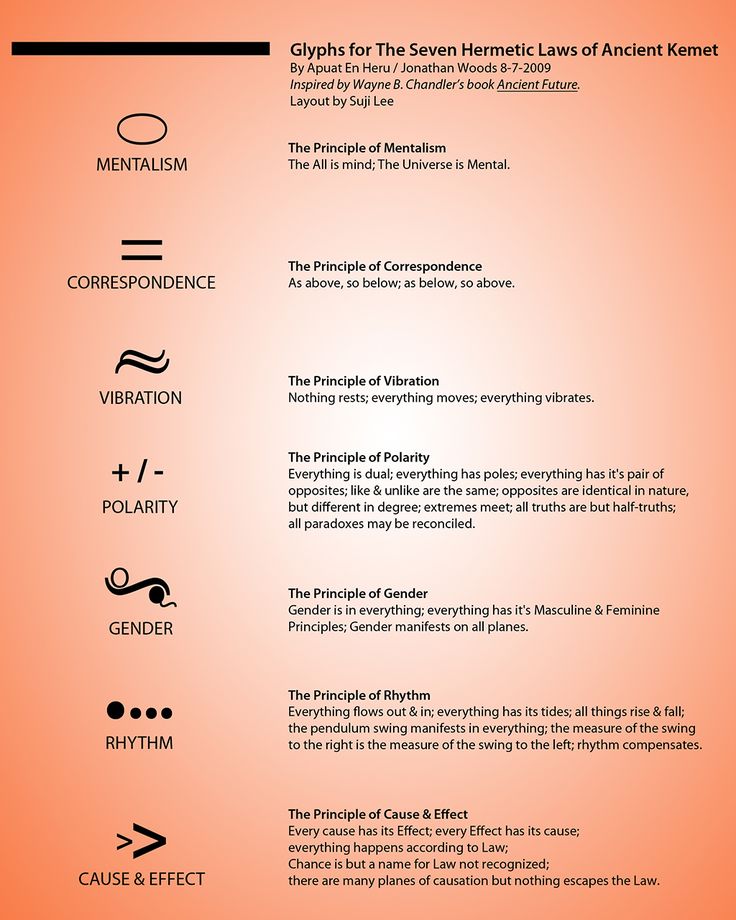
Our approach is very different from the standard approach offered by most family therapists. Indeed, as a result of my research, I had to discard some of the traditional views on marriage and divorce.
Family therapy fails
If you have had or have relationship problems, you probably received a lot of advice. It sometimes seems as if everyone who has ever been married or knows someone who has been married thinks they know the secrets of eternal love.
However, most points of view, whether they are voiced by a psychologist on TV or a wise manicurist in a beauty salon, are wrong. Many such theories, even those that were initially supported by talented theorists, have long been debunked - or deserve to be. But they have taken such a strong place in popular culture that you would never know about this fact.
The biggest myth - that communication, or rather, the ability to resolve conflicts, is a direct path to a stable and happy marriage.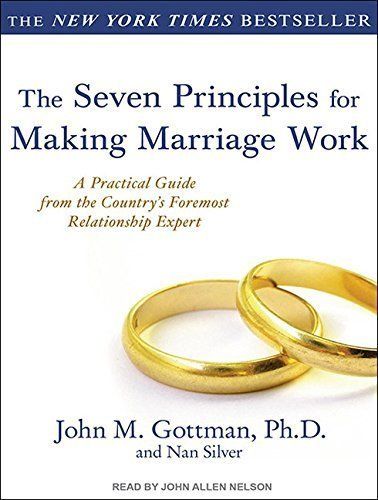 Whatever the theory behind the family therapist, whether you prefer short-term, long-term therapy or a three-minute radio consultation with a local psychiatrist, the advice you will be given will be the same: learn to communicate.
Whatever the theory behind the family therapist, whether you prefer short-term, long-term therapy or a three-minute radio consultation with a local psychiatrist, the advice you will be given will be the same: learn to communicate.
It is easy to understand why this approach is so popular. When people are in conflict (this may be a brief spat; a competition to shout over whom; or an icy silence), everyone hopes to win the battle. A person is so focused on resentment and the desire to prove his case that normal communication becomes almost impossible. Therefore, it seems logical that listening to each other's points of view calmly and lovingly will help to find a compromise and restore balance.
The most common technique recommended by most family therapists for conflict resolution is called active listening .
Let's say Judy is upset that Bob often works late. The therapist asks Judy to state her grievances as "I" statements that prioritize her feelings rather than blaming Bob. Judy will say "I feel lonely and depressed when I'm at home alone with the kids night after night while you work late" rather than "It's so selfish of you to always work late and expect me to take care of myself." children."
Judy will say "I feel lonely and depressed when I'm at home alone with the kids night after night while you work late" rather than "It's so selfish of you to always work late and expect me to take care of myself." children."
Bob is then asked to paraphrase Judy's statement and make sure he understands it correctly. (This shows that he was actively listening.) In addition, he is asked to respond to his wife's feelings - to let her know that he considers them logical, that he respects and empathizes with her, even if he does not share her point of view. He could say, "You must have a hard time babysitting when I'm late at work." Bob is asked not to evaluate, not to argue, to prove his point, and not to make excuses. “I can hear you” is a buzzword for active listening. Thanks to Bill Clinton, the expression "I feel your pain" is now quite common.
Where did this approach come from? The pioneers of family therapy brought it from the techniques of the famous psychotherapist Carl Rogers.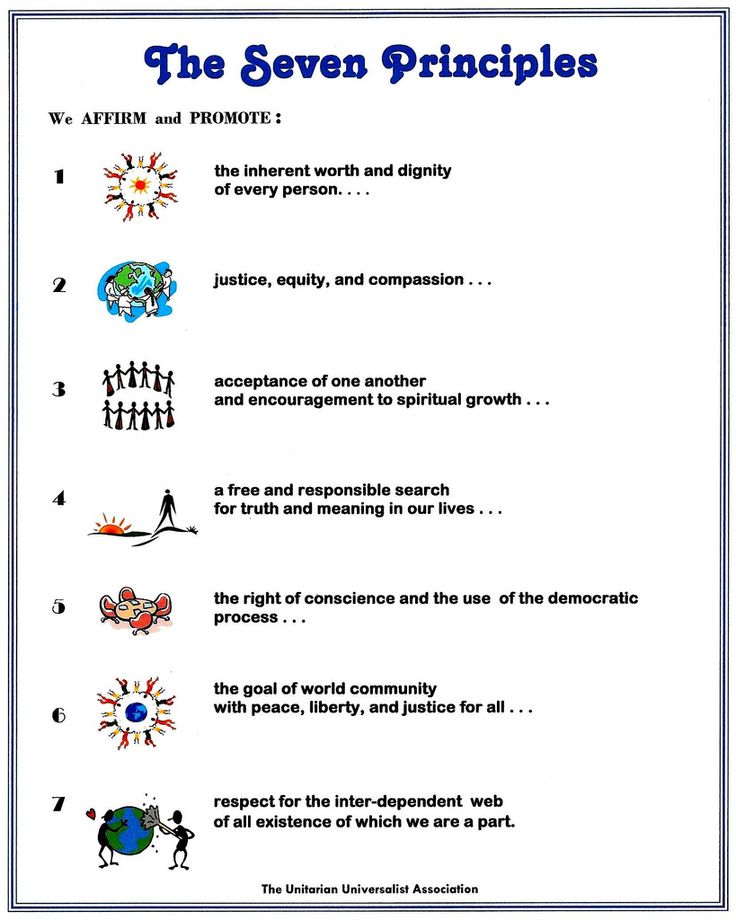 Rogers' individual therapy flourished in the 1960s and is still practiced to varying degrees. His approach is to accept, without judgment, all the feelings and thoughts that the patient expresses.
Rogers' individual therapy flourished in the 1960s and is still practiced to varying degrees. His approach is to accept, without judgment, all the feelings and thoughts that the patient expresses.
For example, if the patient states, “I just hate my wife, she is such a bore,” the therapist nods and says something like, “I can hear you. You said your wife is nagging at you and you hate it." The goal is to create an environment of empathy so that the patient can trust the therapist by calmly examining their own thoughts and emotions.
Since ideally marriage is also a relationship in which people are not afraid to be themselves, it seems to make sense to train couples to practice this kind of unconditional acceptance. Of course, it is easier to resolve the conflict if everyone expresses sympathy for the point of view of the spouse.
The problem is that it's not that efficient. Bob may do his best to listen carefully to Judy's complaints. Only he is not a therapist who listens to the patient's complaints about someone else.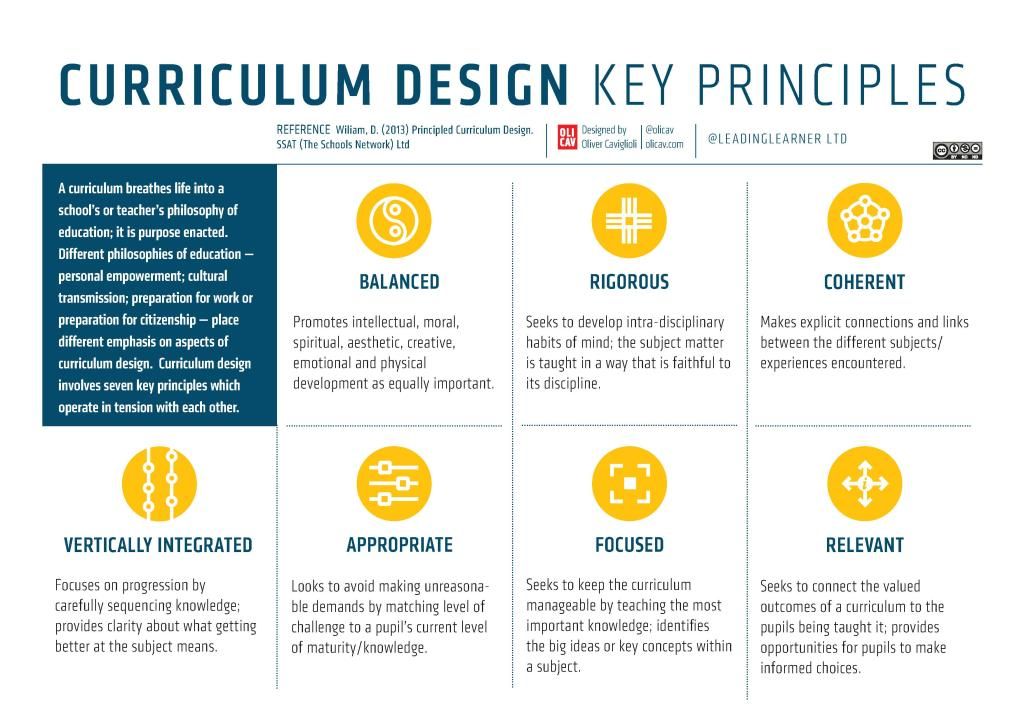 Hiding behind all these "I" statements, the wife showers accusations its .
Hiding behind all these "I" statements, the wife showers accusations its .
There are people who can generously endure such criticism - perhaps the Dalai Lama can do it. But it is unlikely that you or your spouse would be married to such a person. (Even in Rogers' therapy, when a patient complains about the therapist, the therapist switches from empathy to other psychological approaches.) Active listening invites the couple to do Olympic-level emotional gymnastics while their relationship is barely able to stir.
If you think acknowledgment and active listening will make conflict resolution between you and your spouse easier, please apply. There are circumstances where this can definitely be useful. Active listening and acknowledgment may make your encounters less violent or less frequent, but only they won't save your marriage.
Read the book "7 Principles of a Happy Marriage, or Emotional Intelligence in Love" online in full📖 - John Gottman - MyBook.

John M. Gottman, Ph.D. and Nan Silver
The Seven Principles of Making Marriage Work
Copyright © 1999 by John Gottman, Ph.D. and Nan Silver All rights reserved
COMMUNICATION PSYCHOLOGY
Right to left. Why do people cheat and is it possible to avoid cheating
Why do people cheat? What makes them start second families and develop complex schemes for leading a double life? Esther Perel, a practicing psychotherapist, has worked with hundreds of infidelity couples over the course of 10 years. Her book is a comprehensive study of the desire that arises when looking at the side.
MF. How to learn to live soul to soul with the one you love
Find out what is happening in the head and heart of your beloved from the book of the popular psychologist Alexei Kapranov. This witty guide to happy relationships will teach you how to live in perfect harmony and get what you really want from your partner.
I'm sorry if I call you an asshole. How to learn to play by men's rules and win in love
How to learn to play by men's rules and win in love
The truth, the truth and nothing but the truth. With shocking frankness, Mirko Spelta reveals what men really think about plastic surgery, cellulite and ballet flats. You will also learn how social networks have influenced the concept of love, how to translate female allusions into the language of male logic, and why you should not turn to your friends for advice.
Let's not fight anymore. 12 types of family conflicts and instructions for ending them
If scandals have become the norm for communicating with your significant other, it's time to change something. Michelle Brody, a psychologist with twenty years of experience, identified 12 types of family conflicts. The author of the book describes the mechanism of each of them and offers a simple technology for their resolution. This is an easy-to-follow, but profound guide for couples on how to remove from your daily communication everything that hurts, offends and alienates you from each other.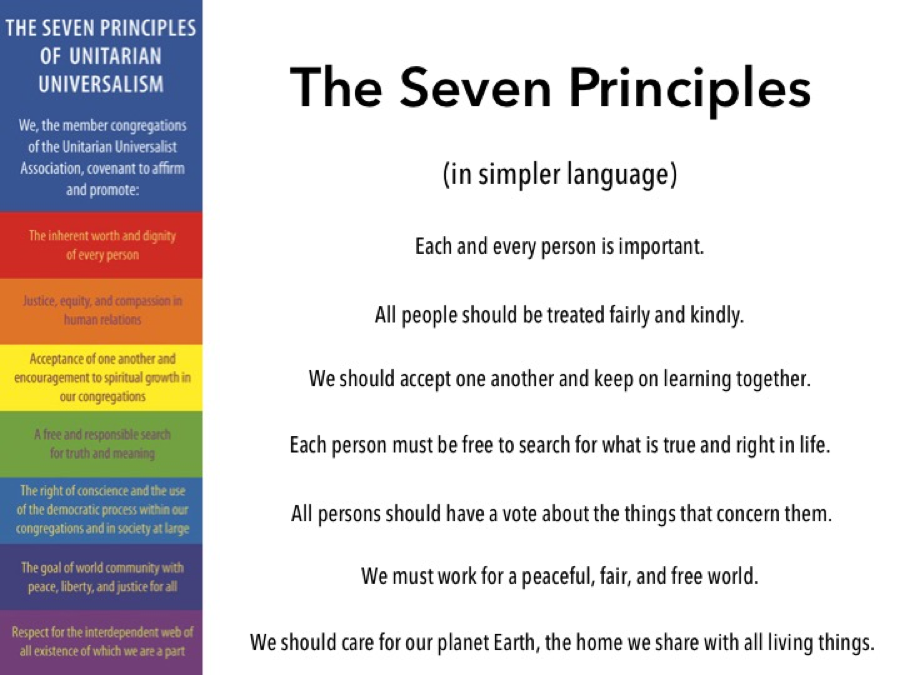
Foreword
Maria Krivoshchapova-Demina, systemic family therapist, the first Russian specialist to be trained and certified according to the John Gottman method
In 2009, in distant Australia, I was lucky enough to attend a conference on positive psychology "Happiness and its causes", where I first saw John Gottman. His master class was called "Art and Science of love", it lasted a whole day, during which my husband and I watched John work with couples, did the exercises ourselves and laughed very, very much. Incredibly charismatic, energetic, with a great sense of humor, scholar and practitioner. His master class impressed me, I got excited: I want to study with him, I want his studies of marriage to become known in Russia.
Years passed, but the idea of studying with Gottman never let me go. In 2017, I finally started the Gottman Method Couples Therapy program and met John himself and his charming wife, Julie. At the moment, I have three modules of the program behind me and now, already in 2018, I am going through the certification process.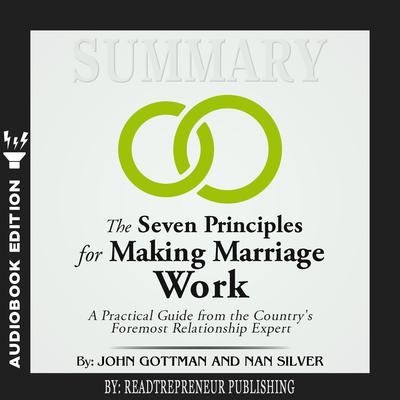
I am sometimes asked: what is so special about this Gottman and his approach?
John began his scientific research over 40 years ago. Together with his colleagues, he created the so-called "Laboratory of Love" - a room very similar to an ordinary apartment, but equipped with cameras, microphones, a one-way mirror, behind which scientists observed and recorded everything that happened inside.
50 couples lived in this apartment, and another 650 couples were interviewed each year, where they were asked to discuss current issues, remember their first dates, talk about their parents' marriages, etc.
Gottman guided these couples for decades, meeting them Every year. So he was aware of who got divorced, who became happier, who became emotionally distant, who managed to resolve an old conflict, who had children and how this affected the marriage. After each meeting, John made a prediction about the joint future of a particular couple and after a year checked whether he was right.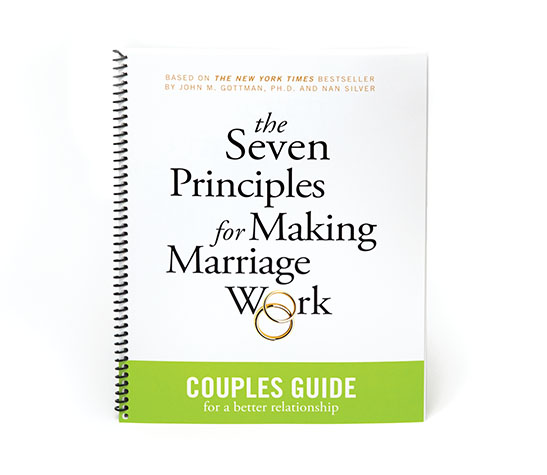 In addition to making predictions, he made recommendations to study participants and could subsequently evaluate how effective they were.
In addition to making predictions, he made recommendations to study participants and could subsequently evaluate how effective they were.
So all the conclusions and advice of Gottman are confirmed by many years of research and practice. This is its main feature.
The number of divorces in Russia is growing, and marital therapy is still one of the most difficult types of psychological assistance. Both professionals and specific families are in dire need of an effective method of working with family, and in particular with marital relations.
Project "Gottman.ru" , which is currently under development, is conceived, on the one hand, as a training center for certified specialists in the John Gottman method, who are able to effectively, professionally provide quality assistance. His other task is very practical - to help specific families. Strengthening emotional connection, marital "coaching", resolving conflicts in relationships, coping with crises in family life.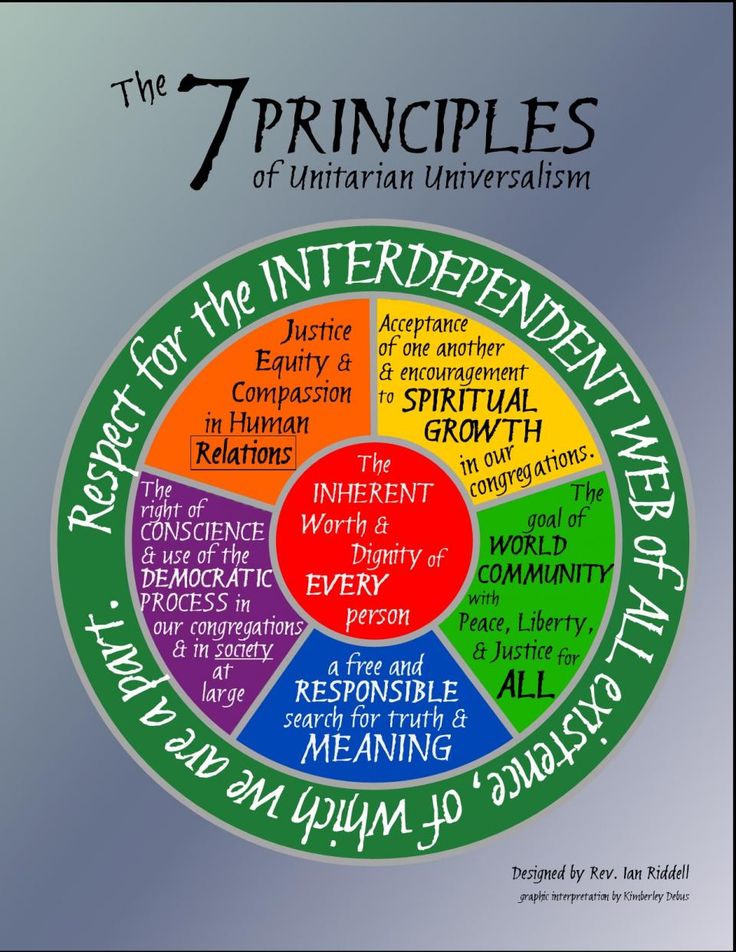 I sincerely thank Boris Kholmyansky for his comprehensive support of this project.
I sincerely thank Boris Kholmyansky for his comprehensive support of this project.
You are holding Gottman's main book The 7 Principles of a Happy Marriage . It was first published in America in 1999, has been translated into 10 languages of the world today and still remains a bestseller. This is a unique and at the same time very affordable way to get high-quality and effective help: learn how to maintain an emotional connection in a couple, resolve conflicts, respect and admire each other.
Life is fleeting, we are becoming more informational, technically progressive and savvy, but we are still not taught how to build relationships - neither at school nor at university. But at the same time, remember that love is not a bonus, not a pleasant addition to sex, relationships, life. Love is a basic human need. Make your Relationships, your Love, your Partner a priority. And this book will help you!
Other materials, articles, information about courses, counseling, training, training according to the method of Dr.